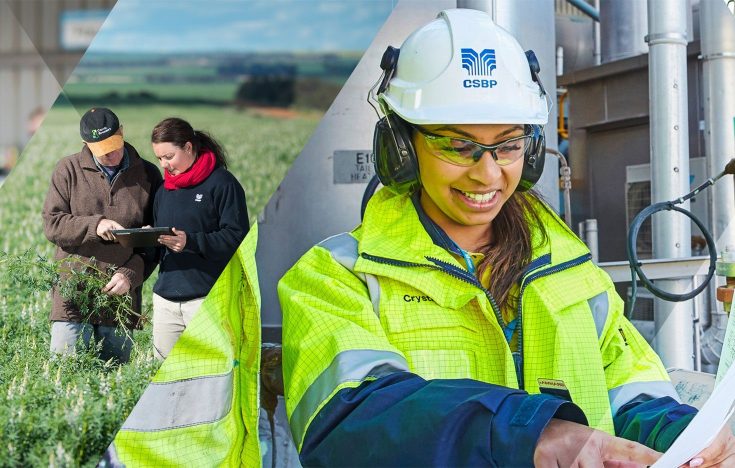In mid-June, Australian conglomerate Wesfarmers priced A$1 billion of Sustainability-Linked Bonds (SLBs) with a A$650 million seven-year bond carrying a 1.94% interest rate and a A$350 million 10-year bond at 2.55%.
Wesfarmers operations cover a diverse range of markets from home improvement and outdoor living, apparel and general merchandise and office supplies, and an Industrials division with businesses in chemicals, energy and fertilisers, and industrial and safety products.
The interest rates on the SLBs are linked to sustainability performance targets set by Wesfarmers in relation to its retail and chemicals businesses, meaning investors will be paid a higher coupon if targets related to these two areas are not met.
It is pleasing that in pricing this issue the market has recognised both the strength of the Wesfarmers businesses and the significance of the Group’s sustainability priorities in supporting long-term value creation.
Anthony Gianotti, Chief Financial Officer, Wesfarmers
“The interest rates on the SLBs are linked to Wesfarmers’ progress against two sustainability performance targets,” said Wesfarmers in a statement. “The performance targets relate to increasing the use of renewable energy in the Group’s retail divisions and reducing the CO2 emissions intensity of ammonium nitrate production in the Wesfarmers Chemicals, Energy and Fertilisers division.”

We’re proud to have assisted Wesfarmers in this issuance and help confirm its positioning as a true leader in the retail space as it plans to transition to 100% renewable energy.
Mark Hutchinson, Head of the Corporate Clients Group, Australia, BNP Paribas
Mark Hutchinson, Head of the Corporate Clients Group for BNP Paribas Australia said: “We’re proud to have assisted Wesfarmers in this issuance and help confirm its positioning as a true leader in the retail space as it plans to transition to 100% renewable energy. At its ammonia nitrate plant, the SLB will encourage continued investment in the technology required to reduce emissions in this sector.”
The structure of the deal, specifically the 12.5 basis point step-up on each of the targets and one-way pricing, was established to adhere to meet international precedents, says Kate Stewart, Managing Director, Debt Capital Markets at BNP Paribas in Sydney.

We looked at international markets where SLB frameworks have become more standardised and successful transactions completed to structure this deal so it could work in both the euro and domestic markets.
Kate Stewart, Managing Director, Debt Capital Markets, Australia, BNP Paribas
“We looked at international markets where SLB frameworks have become more standardised and successful transactions completed to structure this deal so it could work in both the euro and domestic markets. The transaction was marketed to investors globally so we went with what has been established as standard in the international market,” she says.
SLBs do not have a defined use of proceeds. While some market observers worry that SLBs allow companies to greenwash because the proceeds are not tied to a specific purpose, others say the investor markets for sustainable/green bonds compared with SLBs are very different.

SLBs have a growing appetite amongst investors who want to help companies move along a continuum, those that might not be purely “green” but are setting targets and goals to achieve progress.
Chaoni Huang, Head of Sustainable Capital Markets, Asia Pacific, BNP Paribas
“At one end of the spectrum you have some investors that only want to hold pure green and/or social use of proceed bonds in their funds and these are marketed accordingly. However we also see there are more investors who want to help companies move along a continuum, those that might not be purely “green” but are setting targets and goals to achieve progress. We see SLBs as helpful to these companies and a growing appetite amongst investors,” says Chaoni Huang, Head of Sustainable Capital Markets for Asia Pacific at BNP Paribas.
In a Wesfarmers statement, Chief Financial Officer Anthony Gianotti said the company was pleased with the strong investor support for the first such bond issue in the Australian market, which was oversubscribed approximately 2.5 times.
“It is pleasing that in pricing this issue the market has recognised both the strength of the Wesfarmers businesses and the significance of the Group’s sustainability priorities in supporting long-term value creation,” Gianotti said.
